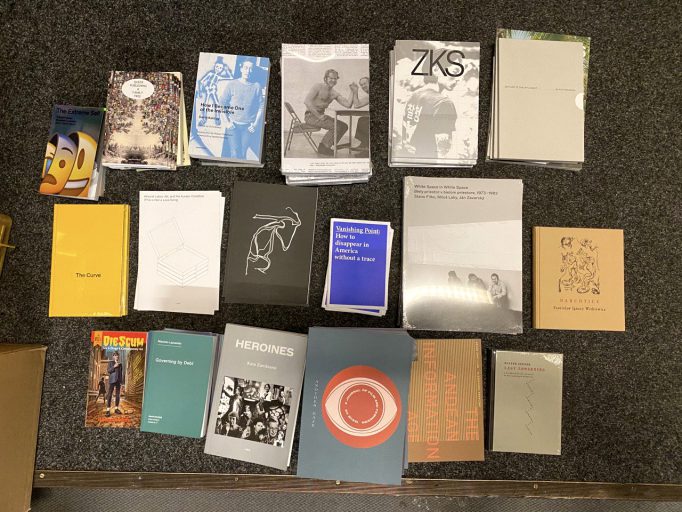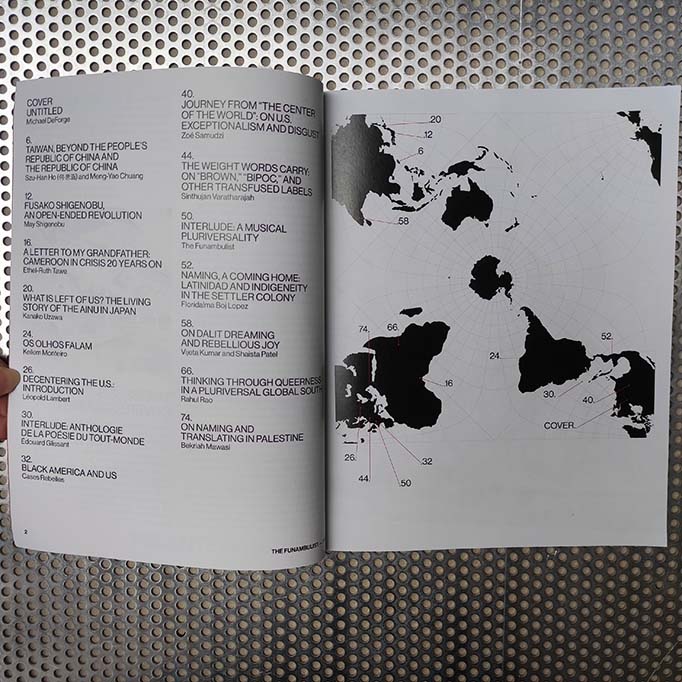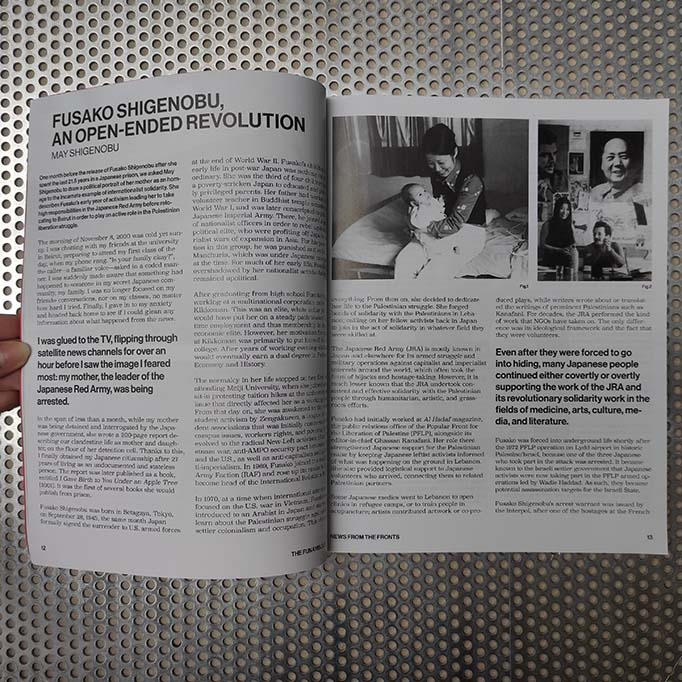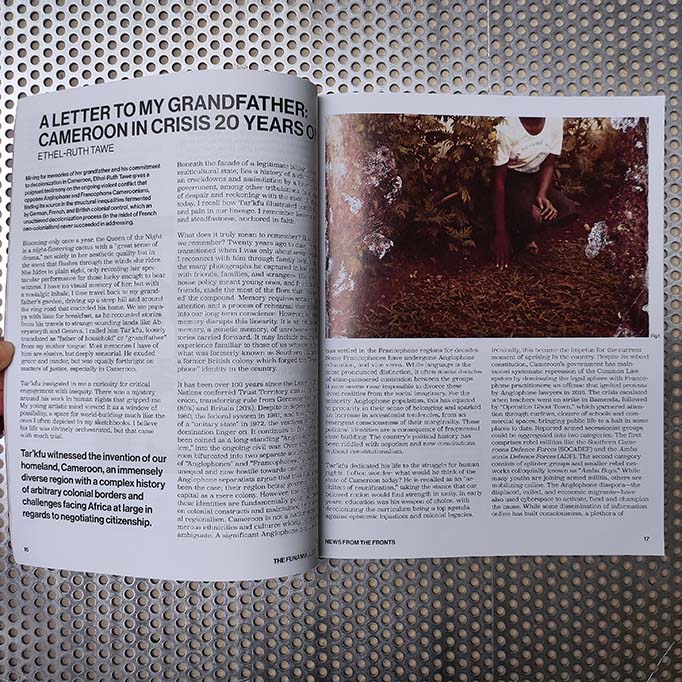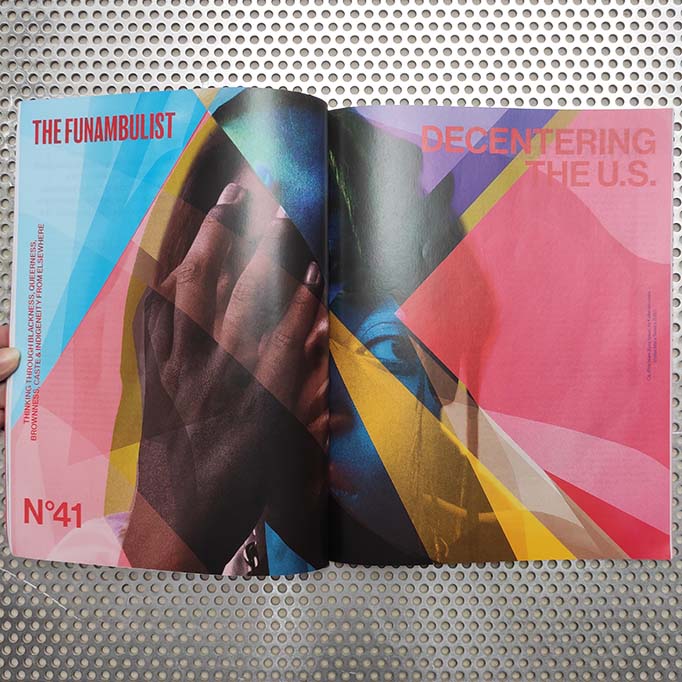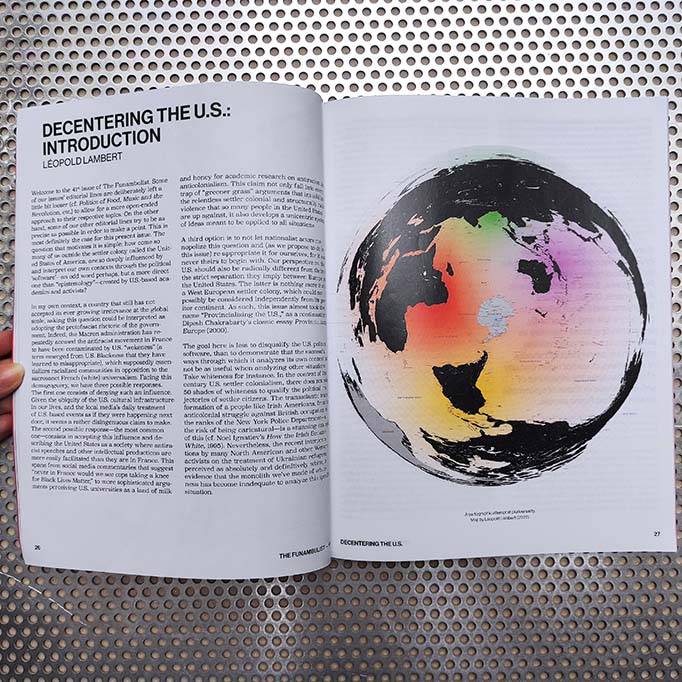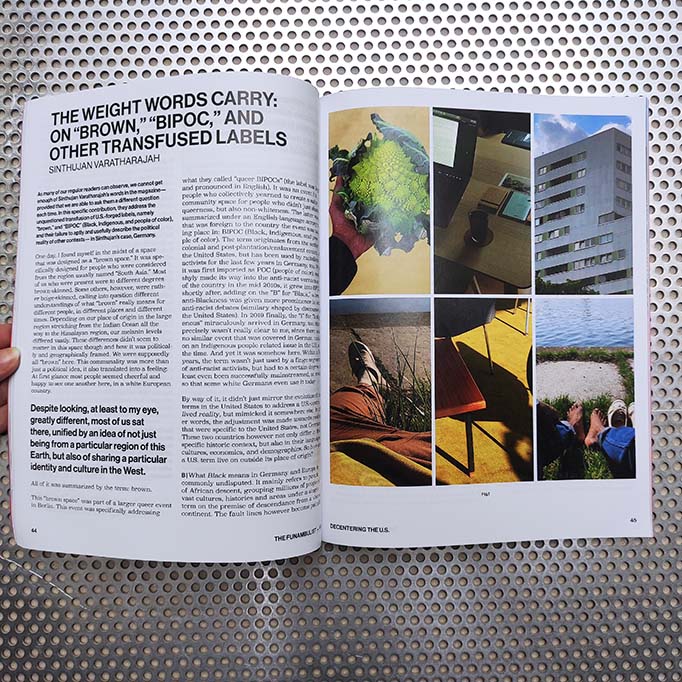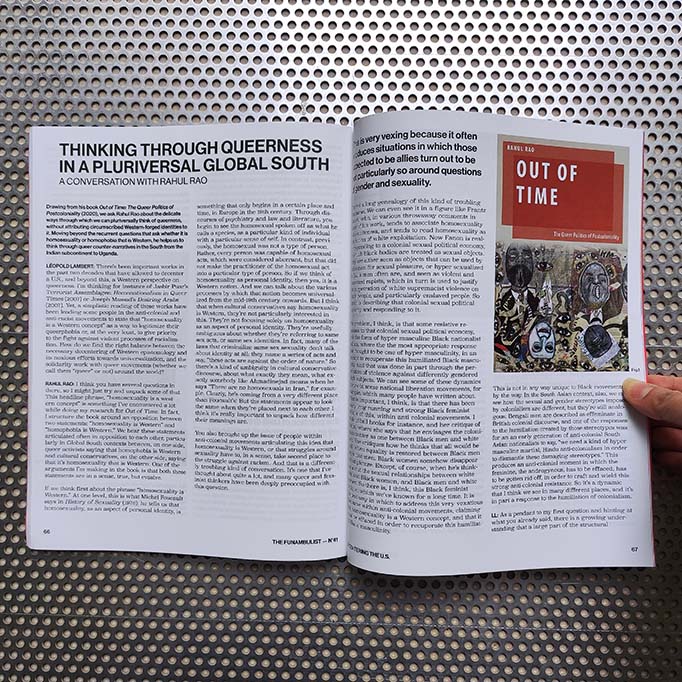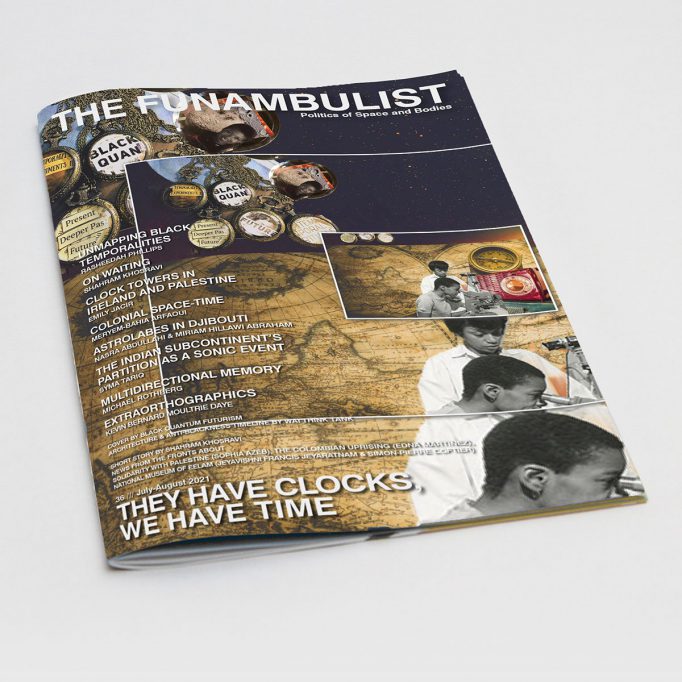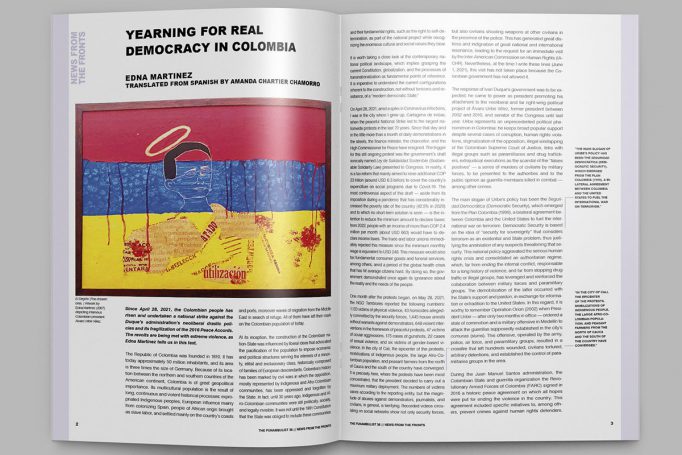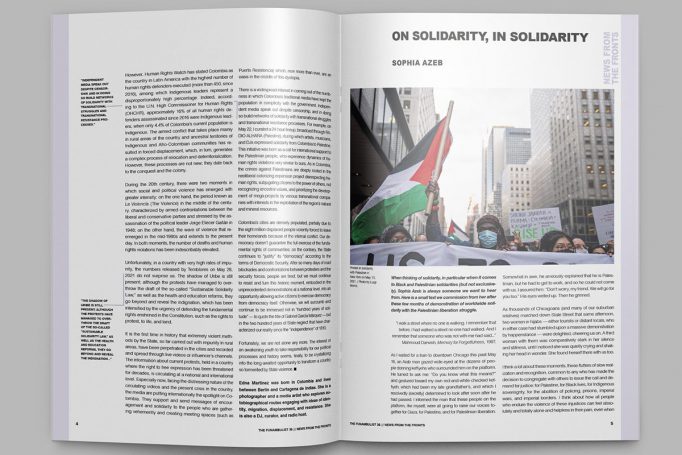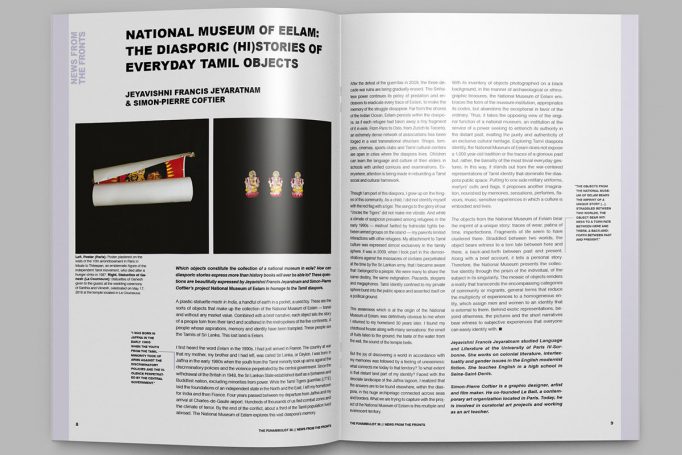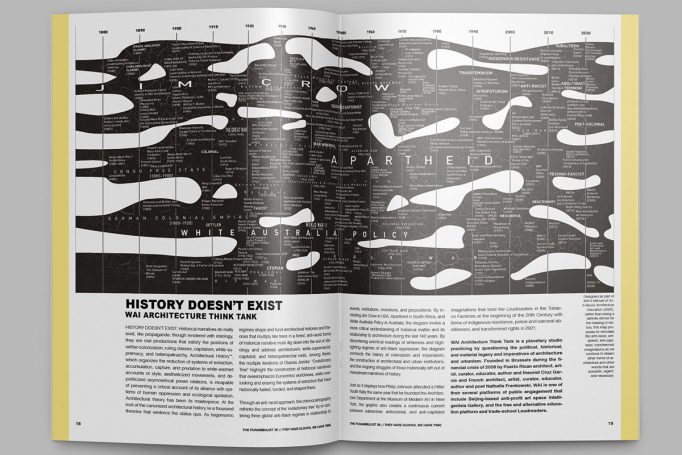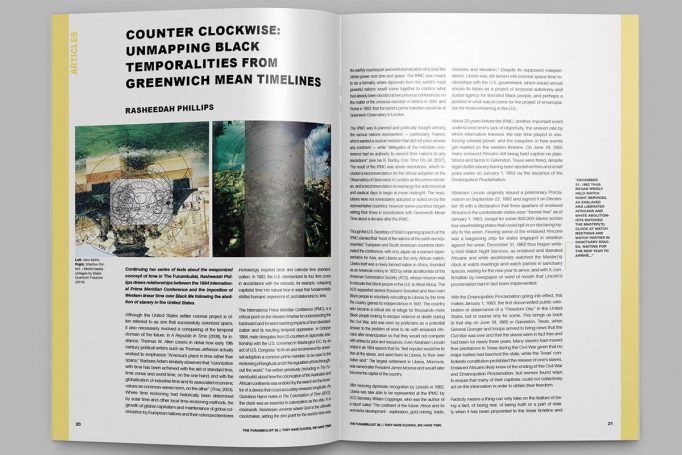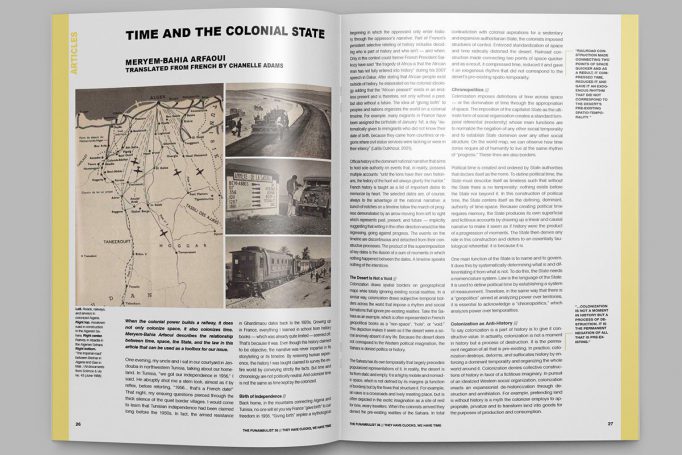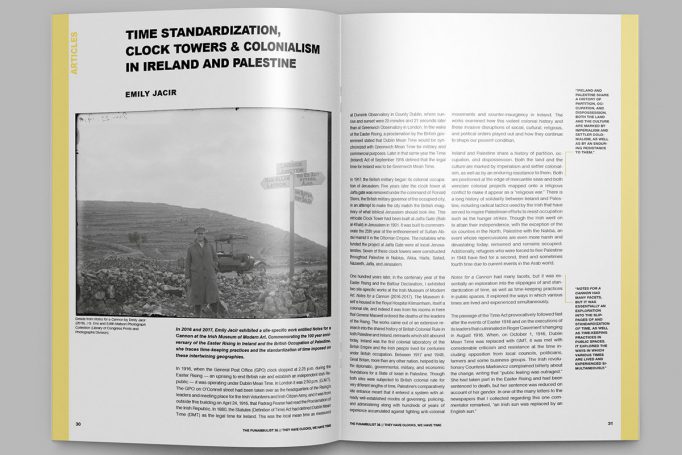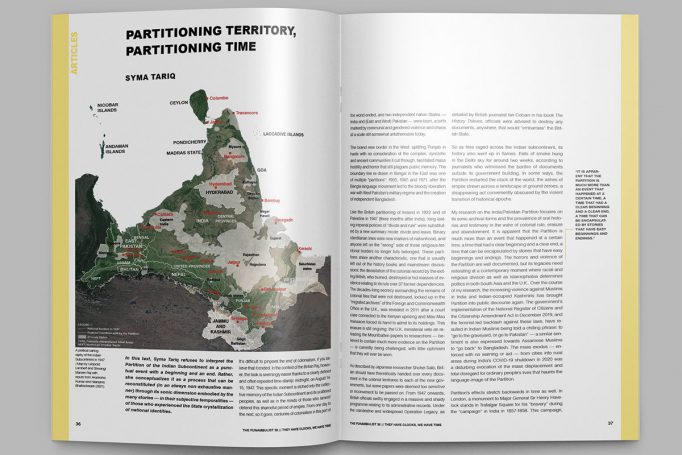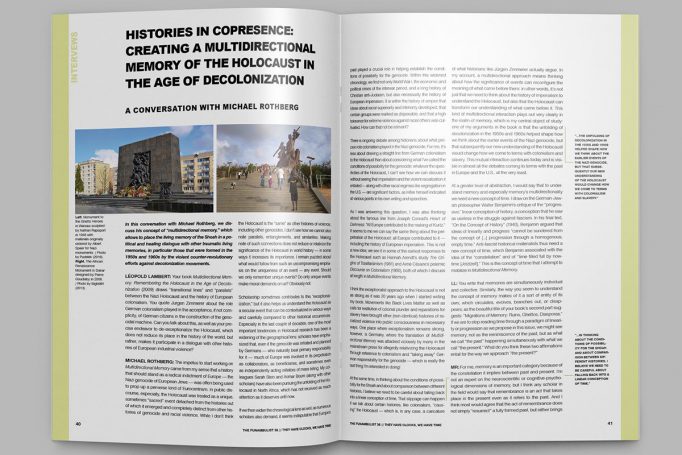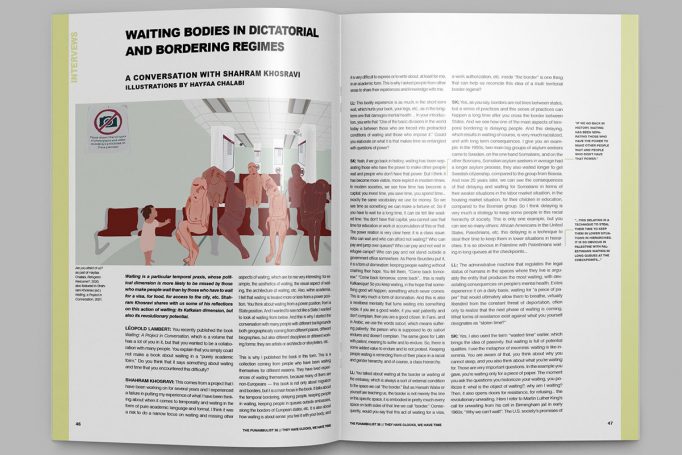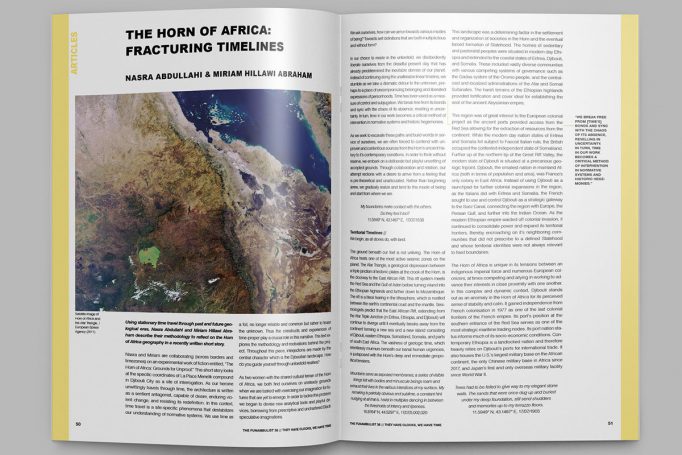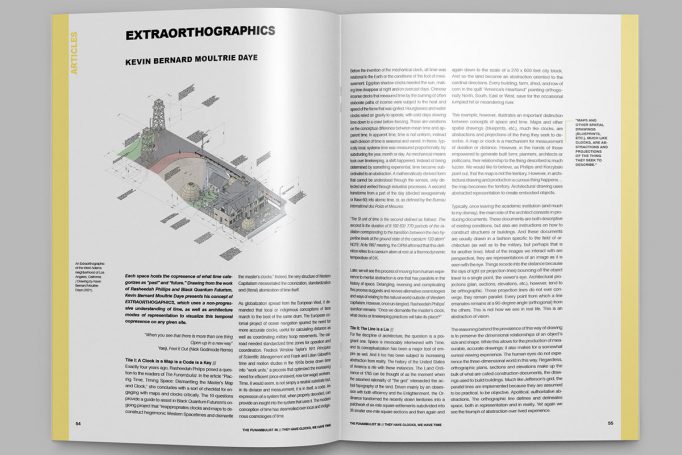If you happen to be in Marseille please don’t lose the opportunity to partecipate to the event too! It will be an occasion to discover various practices, each representing their own approach to knowledge transmission through publishing and distribution.
Drawing conclusions on the book fair format, Giselle Salon seeks to engage with both the public and the guest participants on a more intimate scale. During Giselle Salon, all the books will be for sale and all the proceeds will go towards their organizations.
Looking forward to see you there!
*
Participants:
Apogee Graphics (Los Angeles, USA)
Apogee Graphics is a design and publishing company founded by artists Laura Owens and Asha Schechter. From their office in the yellow tower of the Westin Bonaventure hotel in downtown Los Angeles they design material and virtual objects with writers, artists, chefs, organizers and others. Apogee approaches each project as content driven design.
BHKM (New York, USA – Hong Kong, HK)
BHKM is a conceptual publishing house run by Ho King Man.
“Outside my windows, there is a four-unlikeness: unlike loneliness, unlike crowdedness, unlike nostalgia, unlike to-be-ness, they are perhaps now-beings, or refer to the colored mirror in hearts, my imaginations.
Inside everyone, have been hidden: unaware, fermented substances. Everyone fails to know, only by every little bit, to touch, to feel.”
Circadian (Berlin, DE)
Circadian is a non-profit publishing house that call its readers to action through handbooks, poetical protocols, manuals, games, experiments and performances. It was founded in Berlin by Diego Agulló and Dmitry Paranyushkin.
Gufo with HOOT (Marseille, FR)
HOOT is a printed conversation, a transcribed verbal relationship with an art worker, a collective around the notion of work as activity, method, environment, field, symbol and necessity. Each month, between the 1st and the 31st, whether it is a Wednesday or a Sunday, HOOT offers to its readers a discussion that we hope will be passionate and open. Each issue will be transcribed according to the language used and shared in the conversation.
Isolarii (Alicudi, IT)
ISOLARII is a series of books by the global avant-garde to provide orientation and meaning in a deteriorating world. A new work is released every two months via subscription and mailed to a community of readers in 32 countries. ISOLARII takes its name from the Renaissance genre of ‘island books,’ which proposed that poems, stories, letters, and illustrations could be singular islands of thought, together forming an archipelago.
Motto (Berlin, DE)
Motto Distribution partners with a wide range of institutions with the aim of contextualising, enriching and diagraming art environments through the means of printed formats. Bridging international distribution, exhibitions and publishing, Motto continues to generate models and experimentation of circulation for visual and textual materials in the context of contemporary art. Recent developments are trying to focus on finding viable solutions to circulate books outside of identified distribution channels. Swaps with other independent stores enable books to be traded cover against cover price within a system that allows their collaborators to transform their books into currency.
Really Simple Syndication Press (Copenhagen, DK)
Really Simple Syndication Press focuses on publishing artistic and curatorial research as a project or part of an extended practice, by both emerging artists and curators and their established counterparts. The press is about developing new readerships in this post-social networked world through a ‘syndication’ model that makes room to support peers in the arts and publishing. To this end, it looks to represent fresh new literature, which reflects the research interests of writers, curators, and artists who are broadening the aesthetic, historical, political, and artistic concerns of our new century. The various active voices invited by RSS into its syndication model will find a new culture of intellectual hospitality that critically fosters their participation into the future.
The Funambulist (Paris, FR)
The Funambulist is a platform that engages with the politics of space and bodies. Their hope is to provide a useful platform where activist/academic/practitioner voices can meet and build solidarities across geographical scales. Through essays, interviews, artworks, and design projects, they assemble an ongoing archive for anticolonial, antiracist, queer, and feminist struggles. The print and online magazine is published every two months and operates in parallel with an open-access podcast and a blog.
Wendy’s Subway (Bushwick, Brooklyn, USA)
Wendy’s Subway is a reading room, writing space, and independent publisher in Bushwick, Brooklyn. They support emerging artists and writers in making experimental, urgent work and create alternative modes for learning and thinking in community. Wendy’s Subway is dedicated to encouraging creative, critical, and discursive engagement with arts and literature. Their interdisciplinary program includes free readings, talks, performances, and reading groups, as well as sliding-scale writing workshops and intensives. The non-circulating library holds a collection of over 3,000 titles, ranging from poetry and fiction, to criticism and art books.
